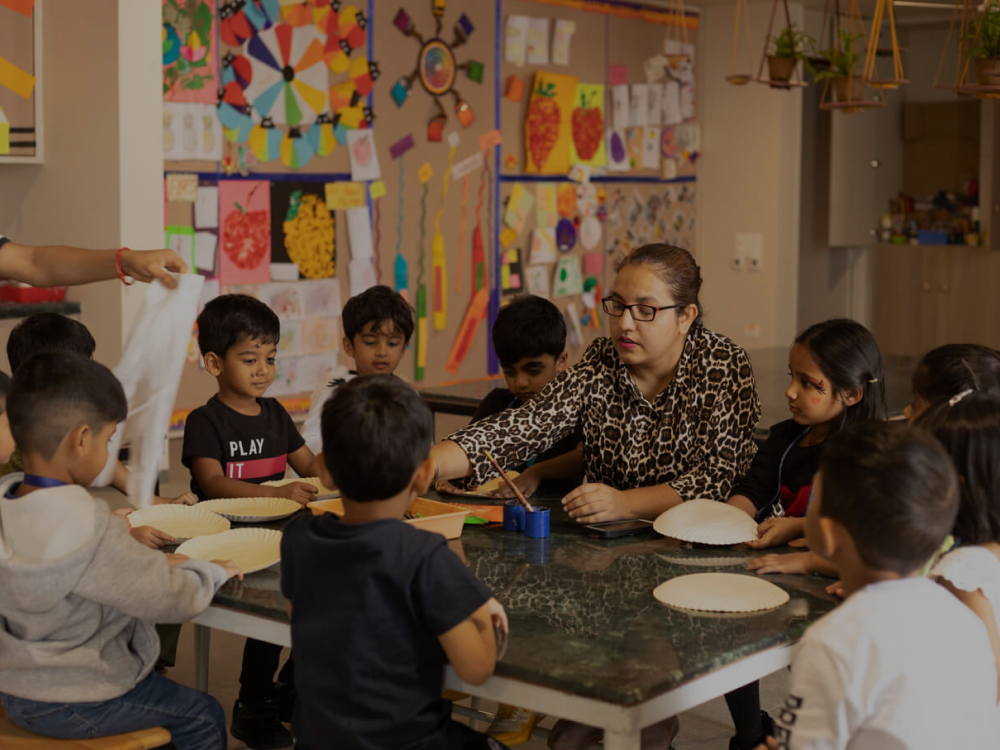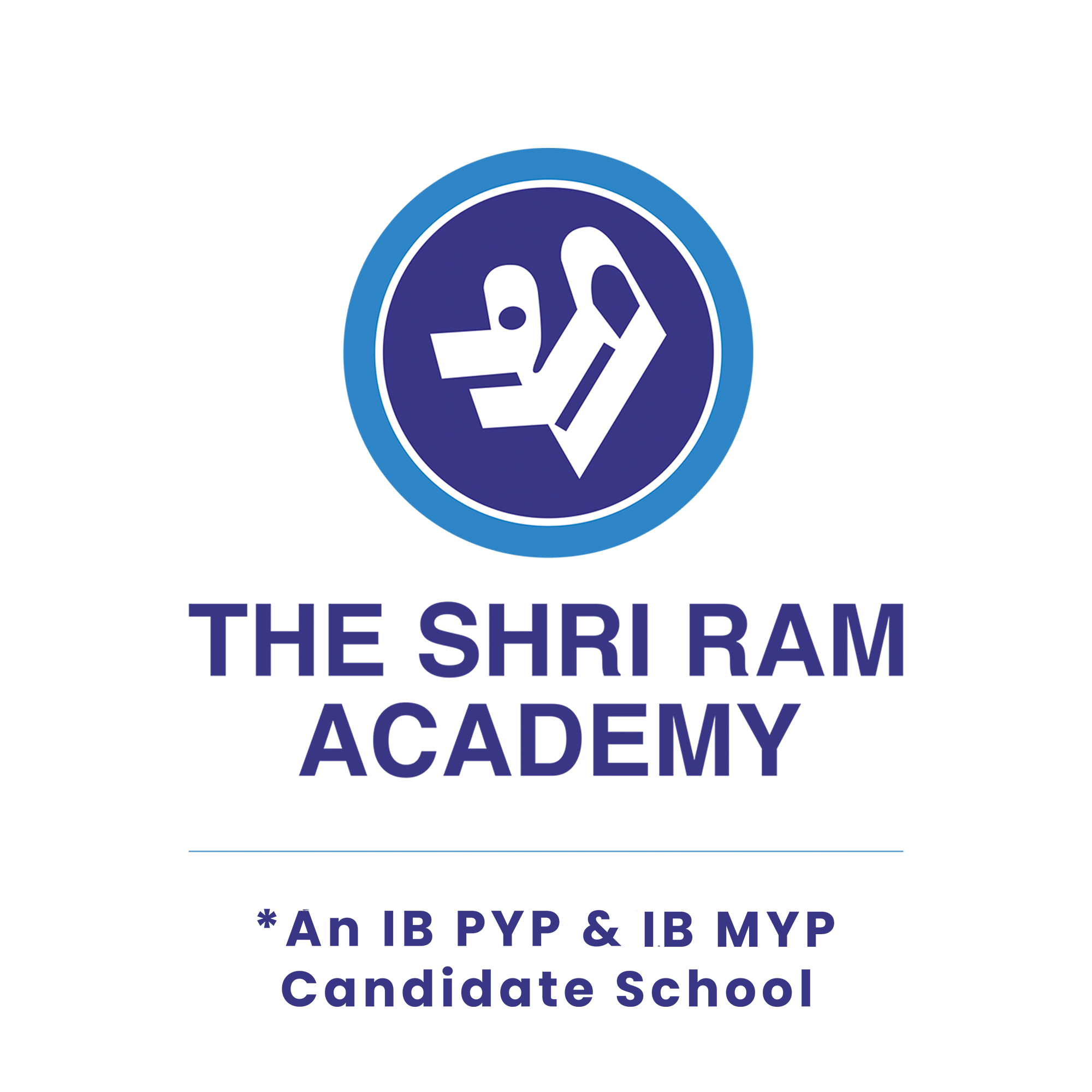
The Significance of Skill-Oriented Education for Your Child
The Significance of Skill-Oriented Education for Your Child
Recent statistics from the UNESCO Institute for Statistics reveal that globally, 617 million children and adolescents are falling short of attaining minimum proficiency levels in reading and math. This alarming statistic points to gaps in quality education globally.
As parents recognize the competitive job landscape facing today’s youth, skill-oriented education has gained significance even at the best IB schools in Hyderabad. Skill-oriented education prioritizes building practical abilities from communication to critical thinking that prepare students for real-world challenges.
Rather than rote memorization, a skill-focused curriculum takes a holistic approach to nurture creative, adaptable, and socially conscious graduates.
What is Skill-Oriented Education?
Skill-oriented education is a way of teaching and learning that focuses on building practical skills and abilities that are useful in everyday life and work.
Unlike traditional education, which often centers on just learning facts and theories, skill-oriented education involves activities and lessons that help students develop abilities they can use in real-world situations.
Renowned educator John Dewey once said, “Education is not preparation for life; education is life itself.” This proves the value of learning by doing, which is at the heart of skill-oriented education.
For example, instead of just reading about how to fix a car, students would actually get hands-on experience with car repair. This type of education is particularly helpful for preparing students for specific careers and helping them become more capable and confident in handling various tasks and challenges.
In skill-based learning, the emphasis is on developing practical skills and competencies that are directly applicable to real-world scenarios, rather than merely acquiring knowledge.
The Role of Schools and Educators
Schools and teachers facilitate skill education by:
• Emphasising experiential learning
Schools and educators enhance skill education by focusing on experiential learning, where students actively engage in hands-on activities. For instance, in a science class, rather than just reading about experiments, students conduct them to understand scientific principles in action. This approach makes learning more interactive and practical.
• Encouraging critical thinking
Skill-building involves sharpening abilities like analytical reasoning, evaluating perspectives, and forming evidence-based arguments. Teachers spark curiosity with insightful questions and guide the way with essential research principles.
• Personalising instruction
Since students progress differently, teachers assess individuals’ strengths and gaps to target areas for growth. Customised learning plans, flexibility and feedback are key.Prioritizing and written communication skills get emphasised through presentations, speeches, debates and writing workshops. These build confidence and interpersonal abilities.
• Applying cross-disciplinary knowledge
Nailing real-world challenges is like creating a masterpiece – blending ideas from different subjects. With multidisciplinary assignments, we’re not just thinking outside the box; we’re painting the whole canvas of critical thinking.
• Collaborating with industry
Internships, guest lectures from professionals, and workshops expose students to career paths This motivates them by revealing practical applications of classroom material.
Why is Skill-based Learning important?
Experts argue that skill oriented education better prepares students to excel in higher education, careers, and life in a rapidly evolving world. Some of the factors driving the growing significance of skills-focused learning include:
- Technological transformation of jobs, requiring digital literacy and adaptability
- College admissions becoming more holistic, assessing practical competencies along with academics
- Employers seeking communicators, collaborators and critical thinkers ready to contribute on day one
- Careers spanning diverse roles and industries, needing versatility no single degree provides
- Complex societal and environmental problems requiring creative problem-solvers
Skill-building forms a crucial foundation to shape well-rounded, engaged citizens ready to lead in the 21st century.
How Parents Can Support Skill-Oriented Education
While quality instruction falls primarily on schools, parents as co-educators play an integral role at home in reinforcing skill-development. Through thoughtful encouragement of children’s interests and abilities, embracing hands-on applied learning, and modeling growth mindsets themselves, parents can greatly complement classroom teaching.
Research on family involvement consistently shows active participation in education nurtures higher academic achievement and motivation.
• Foster their interests
Help children discover their innate talents and curiosities in academics, arts, sports or otherwise. Support them in pursuing activities they feel intrinsically motivated by rather than what looks best on a resume. This develops passion and grit to persist through challenges.
• Embrace hands-on learning
From cooking to taking on family chores, let children learn by doing. Allow them to make small mistakes to build resilience and critical thinking. Assign open-ended projects like building a model solar system which stimulates creativity.
• Discuss current events
Contextualizing school topics into real world examples forges connections and shows relevance of these skills. Taking math lessons and applying them to budgeting for a family trip can make learning more interesting. It helps students understand how math is used in everyday life. Planning the trip costs together can be a fun family activity. You can also discuss how different choices affect the budget.
Final Thoughts
As best schools in Gachibowli Hyderabad adapt to equip students with multifaceted skill-sets, parents play a key role in advocating child-centric, practical learning at home. Skill-oriented education seeks to cultivate adaptable, creative, and socially aware young adults through holistic development.
With proper guidance, India’s next generation can gain competencies to empower themselves and contribute solutions to evolving global contexts.
For admission inquiries at an exemplary IB school focusing on nurturing 21st century skills, contact The Shri Ram Academy today.



Leave a Reply